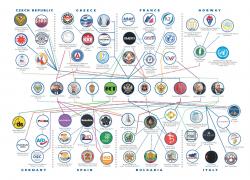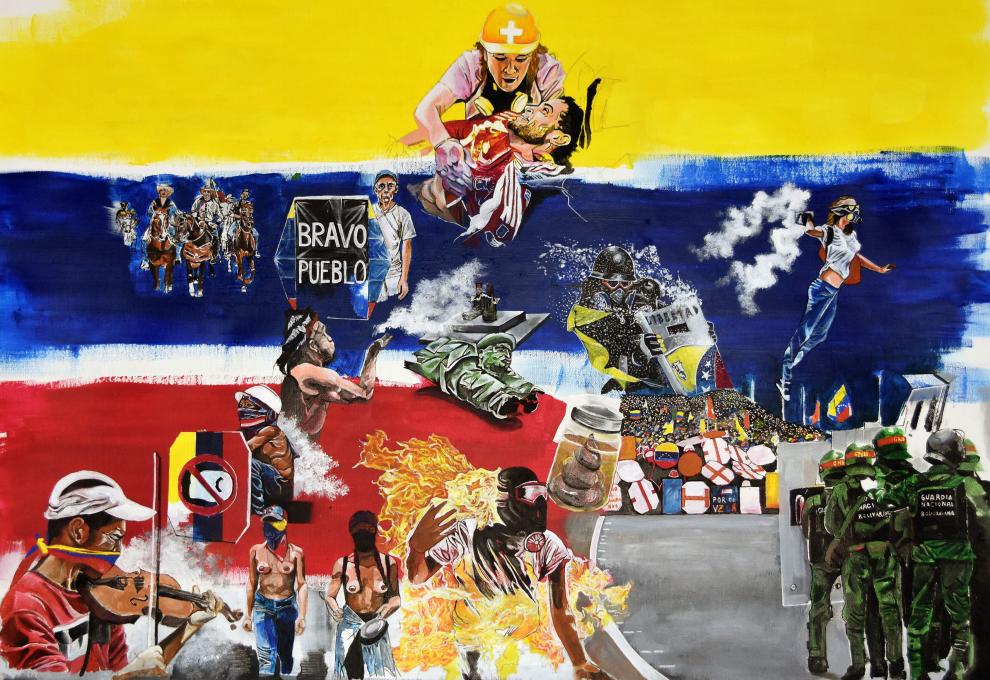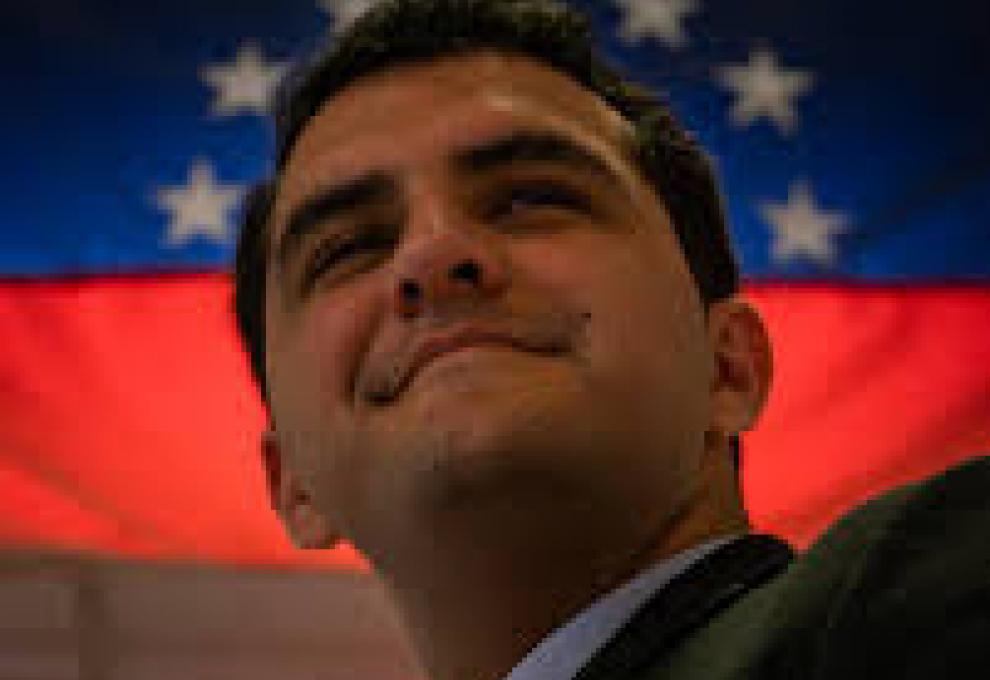A Note on Development
The main constraint for growth in Venezuela is not related to market failures nor any purely economic issue, but to the political institutions of the country. As a result, Venezuela exemplifies that the economic issues of most nations are a result of their bad governance. In this sense, this case study shows that the development of nations is ultimately a political question, not an economic question.
Why do some countries develop? This was the first political question I asked myself. It was the question that led me to study economics. It was a question impossible to avoid when growing up in a country like mine. In Venezuela, injustice is present in every corner. From kids asking for money in traffic lights to teenagers with lives overwhelmed by misery and violence. Kids that did not choose their reality, they never chose to live without a father, without education, and surrounded by pain. For them, just the idea of a better future is nothing more than a cruel joke.
A few years back, I began asking people about the causes behind our country’s alarming rates of poverty. I asked Venezuelans with different backgrounds, expertise, and political inclinations. Their answers varied, but their overall message did not. Some of them focused on rigid labor laws and high inflation as the source of our dramatically low wages. Others pointed out the negative effects of expropriations, which resulted in a shortage of basic goods and services. Finally, others explained to me how investment opportunities were not accessible to the people, but only to businessmen who knew someone at the government.
Overall, their shared experience coincided that not only the government was not doing its job; the government was the reason for our underdevelopment. In this sense, the main constraint for growth in Venezuela is not related to market failures nor problems purely economic. In contrast, the main issue of Venezuela is its government. One that has been systematically restricting the economic rights of Venezuelans, thus their ability to bring prosperity to their households.
In addition to economic rights, economic development includes the non-discriminatory provision of public goods such as collective security, monetary stability, and judicial effectiveness, among others. In regards to public goods, the emphasis lies in two elements. First, the state must provide public goods in a non-discriminatory manner. In countries like Venezuela, only people connected to the government have access to these goods. Second, as these goods are by definition provided by the state and not by the market, it is important to develop mechanisms to avoid corruption and inefficiencies. In most cases, taxation finances the provision of public goods. Therefore, economic development requires public sector efficiency during the process of collecting and redistributing resources.
So, why do some countries develop? They develop because their citizens are free to follow their dreams, and from their hard work, nations experience the joy of modernity, technology, and innovation. It is precisely because we are free, that we can become musicians, scientists, or entrepreneurs. In freedom, lies intrinsic confidence in human nature, trust in our innate capacity to dream, and more importantly, to find ways to achieve those dreams. Interestingly, while freedom does not guarantee success, free societies have found ways to become successful.
Yet, the concept of economic rights cannot be materialized without the presence of a series of state-institutions meant to enhance such economic rights. For instance, without an independent and non-arbitrary judicial system, contracts cannot be properly enforced. Without effective courts and a well-equipped police department, property rights cannot be enforced. And without a well-regulated financial system, people’s savings cannot be guaranteed.
What the Venezuelan experience confirms is that the economic stagnation of most countries is not produced by not having enough resources, but by not having good state-institutions. For economies to function properly, they need a series of state-institutions that either allow or enhance certain economic behaviors, such as a well-defined property rights, a well-designed judicial system, and a sound monetary policy, economies cannot properly function. In this sense, Venezuela exemplifies that the economic development of nations is ultimately a political question, rather than a purely economic question.
By Jorge Jraissati
Jorge Jraissati is the president of the Venezuelan Alliance. Graduated at the Wilkes Honors College, Jorge is an economist, political leader, and a fellow at the Abigail Adams Institute. Jorge has been invited as a guest lecturer to over 20 universities, such as Harvard, NYU, and Cambridge.




















